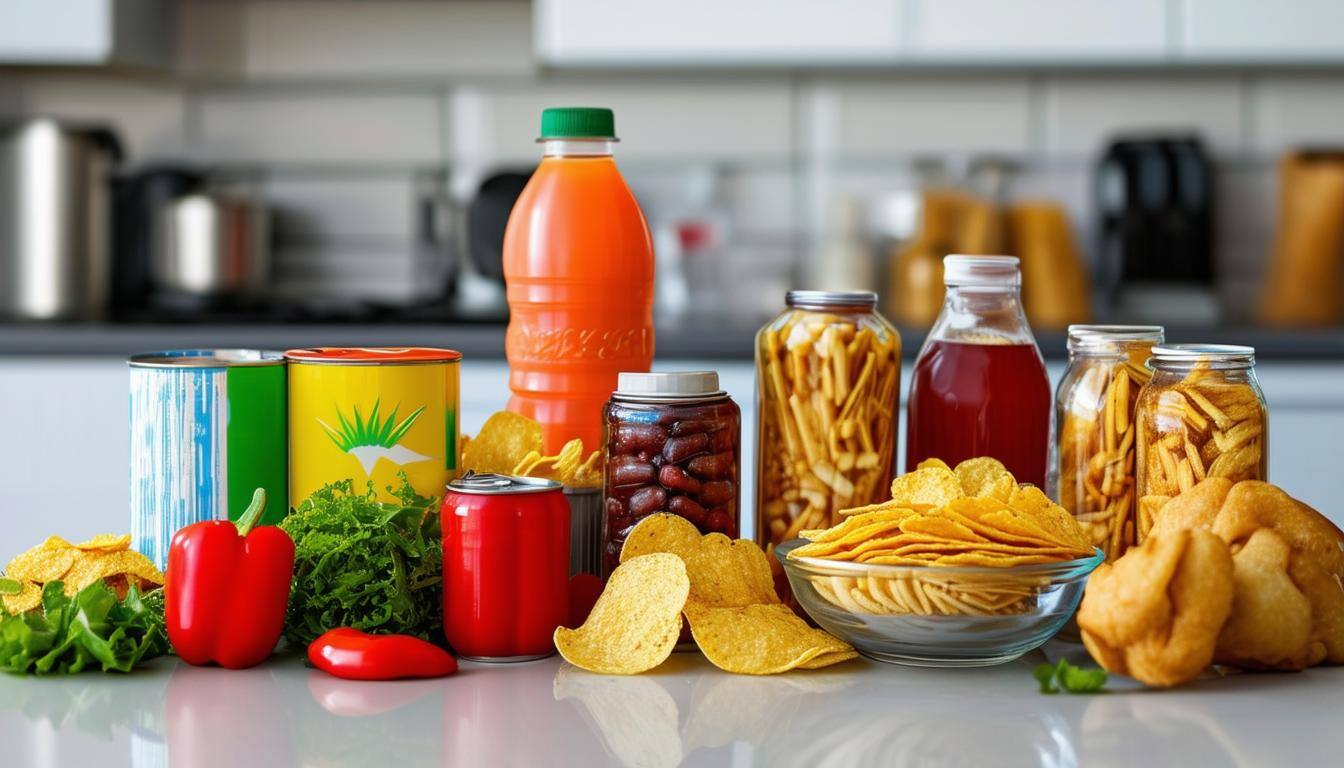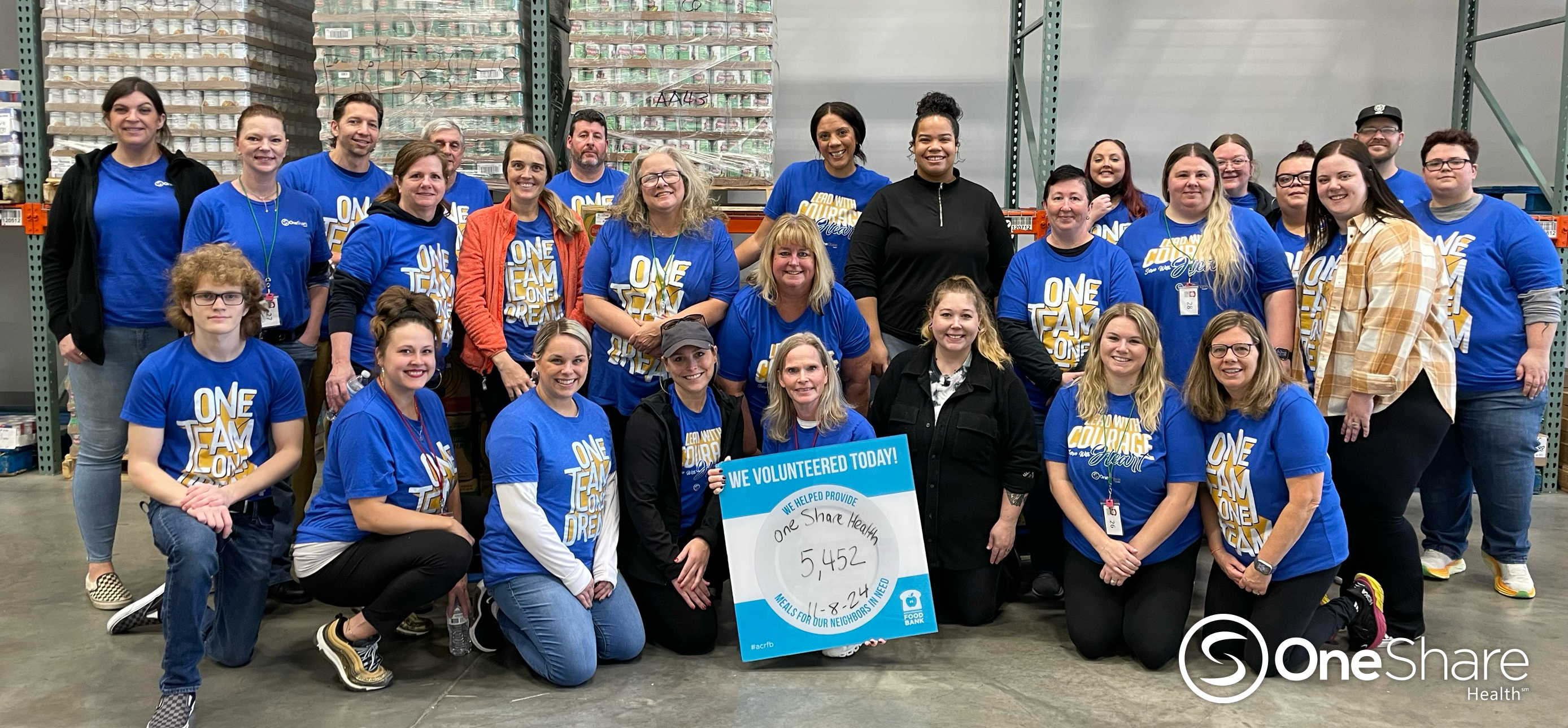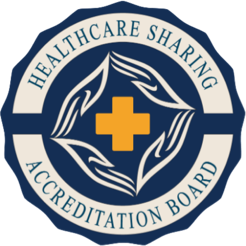In our modern, fast-paced world, processed foods have become a large part of our daily diets. But what does “processed food” truly mean, and how does it impact our health? Understanding this can empower us to make healthier choices that nourish both body and spirit.
Defining Processed Foods
In simple terms, a processed food is any food item that has been altered from its natural state. Processing methods can include anything from freezing, canning, baking, and drying to adding preservatives, flavors, and colors. While some foods undergo minimal processing to make them safe or edible (like pasteurizing milk), others go through extensive processes that strip away nutrients and add artificial ingredients.
Processed foods generally fall into categories based on the level of processing:
- Minimally Processed Foods – These foods retain most of their original properties and are processed primarily for convenience. Examples include washed and bagged spinach, frozen vegetables, or roasted nuts.
- Processed Ingredients – Ingredients derived from whole foods but altered to be used in other dishes, such as oils, sugars, and flours.
- Heavily Processed Foods – Also known as "ultra-processed," these are foods that contain numerous additives like preservatives, flavors, and colors and are often high in sugar, salt, and unhealthy fats. Examples include sugary cereals, snack cakes, and soda.
Why Do We Process Foods?
There are practical reasons behind processing foods. Preservation allows food to last longer, while packaging makes it more portable and convenient. Processing also often enhances flavors, making foods more appealing. However, it’s crucial to consider how certain processing methods can affect the nutritional value of our food. Over-processing can result in a loss of essential nutrients, fiber, and natural flavors, often replaced by artificial additives.

Processed Foods and Your Health
Regularly consuming heavily processed foods has been linked to a range of health concerns, including obesity, diabetes, and heart disease. Many of these foods contain high levels of sugar and salt, commonly used as preservatives and flavor enhancers, which can contribute to high blood pressure, diabetes, and heart issues over time. They also often include unhealthy fats, such as trans fats, which raise bad cholesterol (LDL) and lower good cholesterol (HDL), further increasing the risk of heart-related health issues. Additionally, artificial additives—while deemed safe for food use—may cause sensitivities or allergic reactions for some individuals due to artificial colors, flavors, and preservatives.
Making Healthier Choices
While processed foods can offer convenience, it’s wise to approach them mindfully. Here are some tips to help you enjoy the best of both convenience and nutrition:
Opt for minimally processed items whenever possible. Fresh or frozen fruits and vegetables, whole grains, and lean proteins offer natural nutrition without unnecessary additives. Check ingredient labels for added sugars, salts, and unfamiliar additives. If a product has a long list of ingredients you can’t pronounce, it may be best to leave it on the shelf. Cook more meals at home where you control the ingredients. Preparing your food allows you to enjoy nourishing meals without the hidden additives often found in packaged products.
OneShare Health: Supporting Your Journey Toward Wellness
At OneShare Health, we understand that nourishing the body and spirit is essential to a fulfilling, health-conscious life. Through our Health Care Sharing Ministry, you have access to tools that support your wellness journey. Services like Rx Valet provide savings on prescriptions, while the Clever Health app gives you 24/7 telemedicine access to care whenever you need it.
Are you ready to make mindful choices for your health? Join the OneShare Health community today and see how our programs can help you and your loved ones achieve wellness with a supportive network. Speak with a specialist and get a quote to start your journey towards healthier living with OneShare Health!










